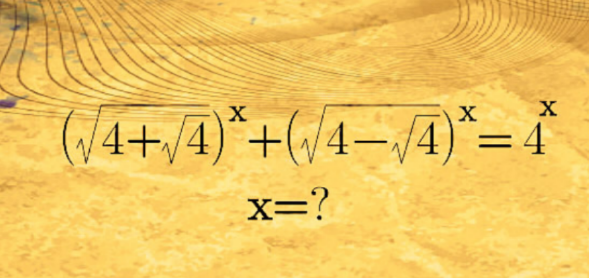
OthersQuestion and Answers: Page 19
Question Number 185781 Answers: 1 Comments: 0

Question Number 185553 Answers: 1 Comments: 0

Question Number 185518 Answers: 0 Comments: 1
Question Number 185517 Answers: 1 Comments: 0

Question Number 185470 Answers: 0 Comments: 3
Question Number 185450 Answers: 0 Comments: 1
Question Number 185449 Answers: 1 Comments: 0
Question Number 185401 Answers: 0 Comments: 1
Question Number 185374 Answers: 1 Comments: 0
Question Number 185371 Answers: 1 Comments: 0
Question Number 185278 Answers: 1 Comments: 3
Question Number 185245 Answers: 1 Comments: 1
Question Number 185243 Answers: 1 Comments: 3
Question Number 185181 Answers: 2 Comments: 3

Question Number 185038 Answers: 1 Comments: 0
Question Number 185036 Answers: 1 Comments: 0
Question Number 185014 Answers: 1 Comments: 1
Question Number 185116 Answers: 1 Comments: 0

Question Number 184959 Answers: 2 Comments: 0

Question Number 184939 Answers: 1 Comments: 0
Question Number 184920 Answers: 1 Comments: 0
Question Number 184918 Answers: 2 Comments: 2
Question Number 184915 Answers: 0 Comments: 2
Question Number 184873 Answers: 1 Comments: 0
Question Number 184832 Answers: 4 Comments: 1
Question Number 184787 Answers: 0 Comments: 2
